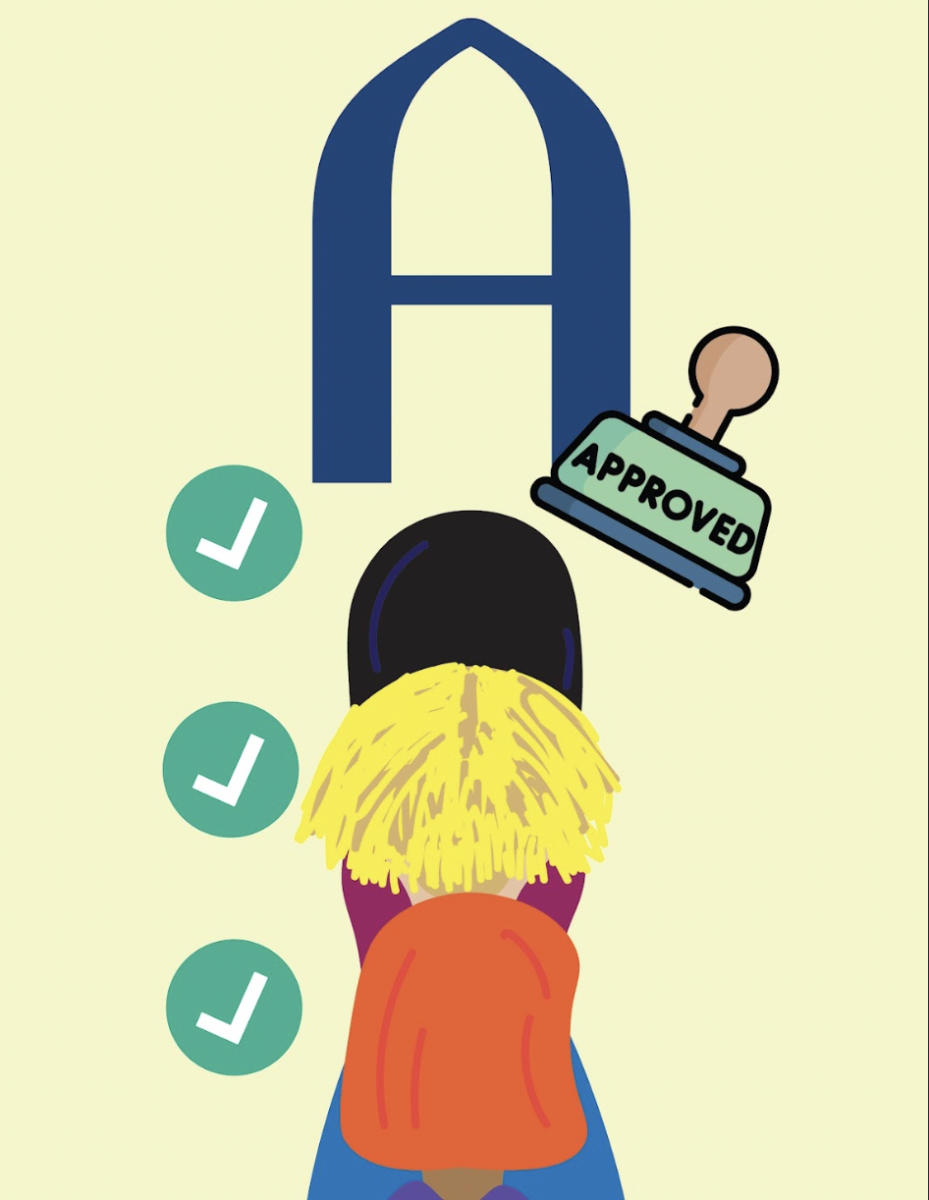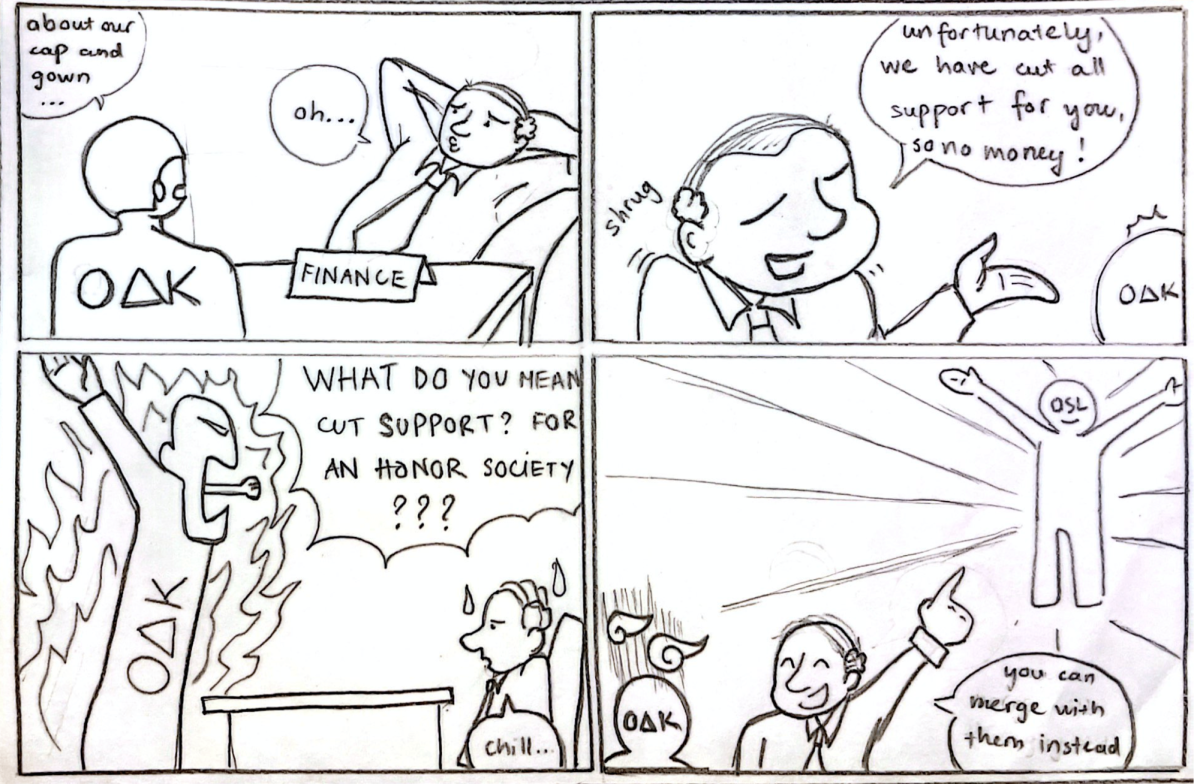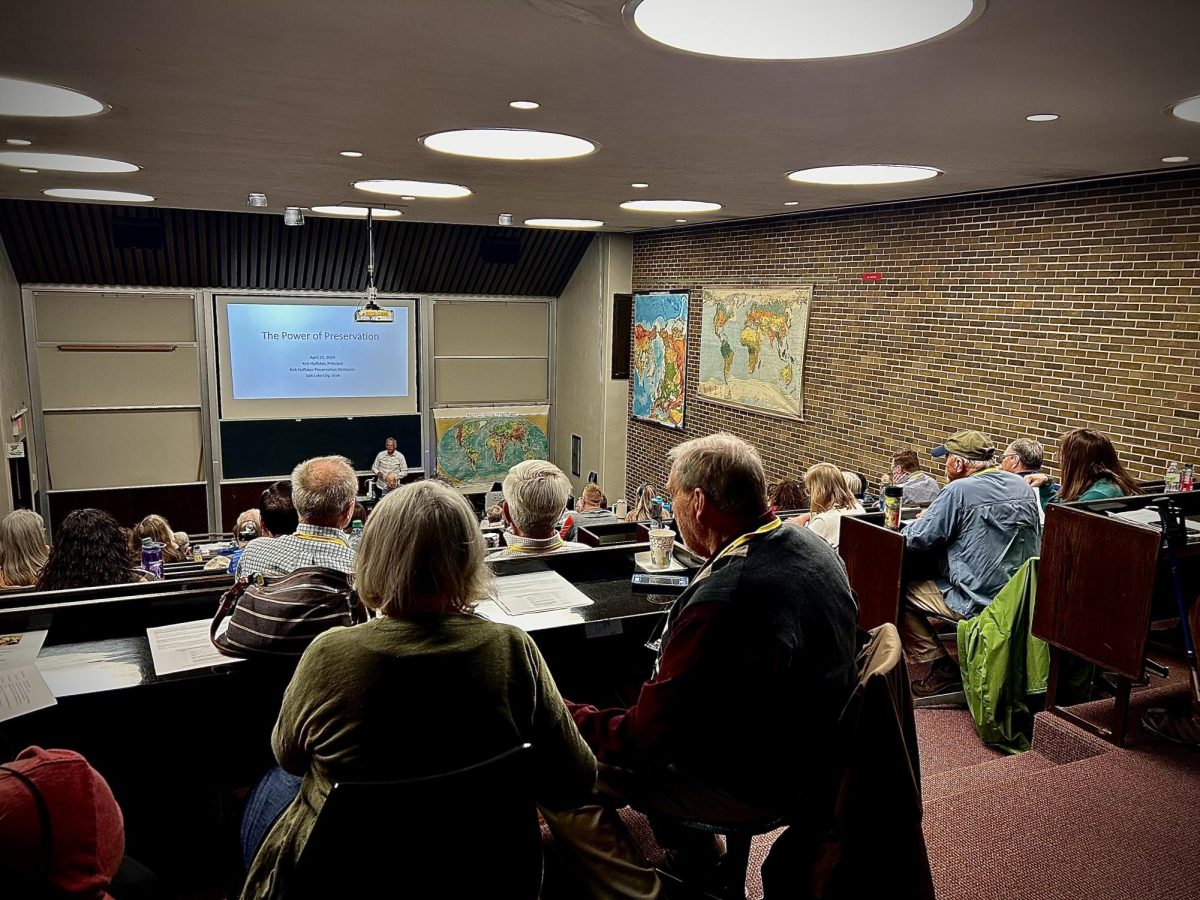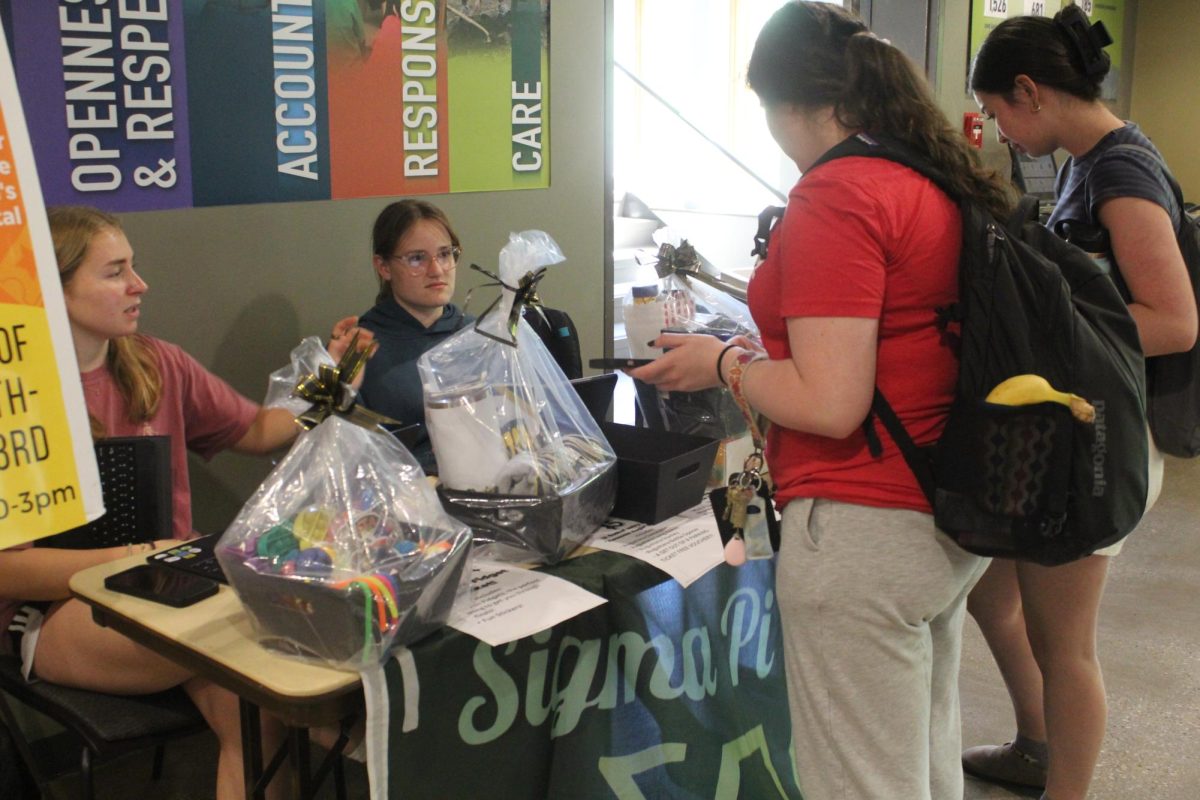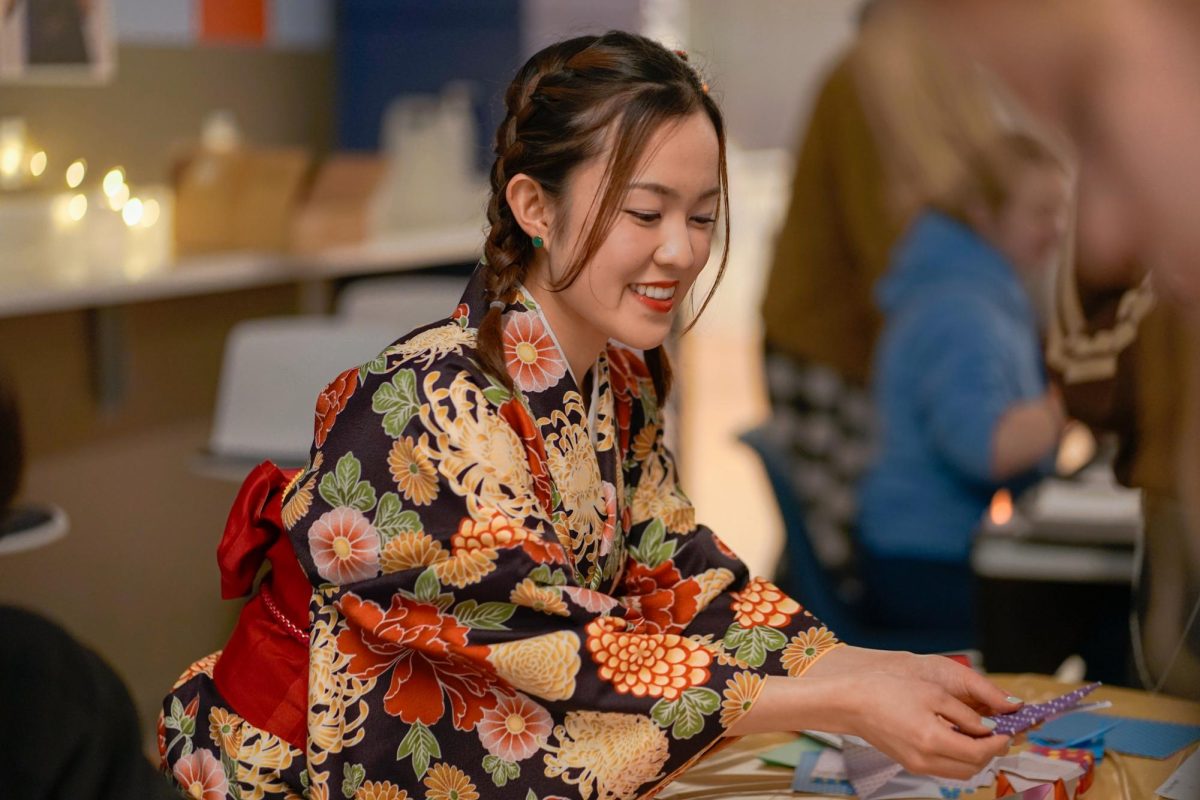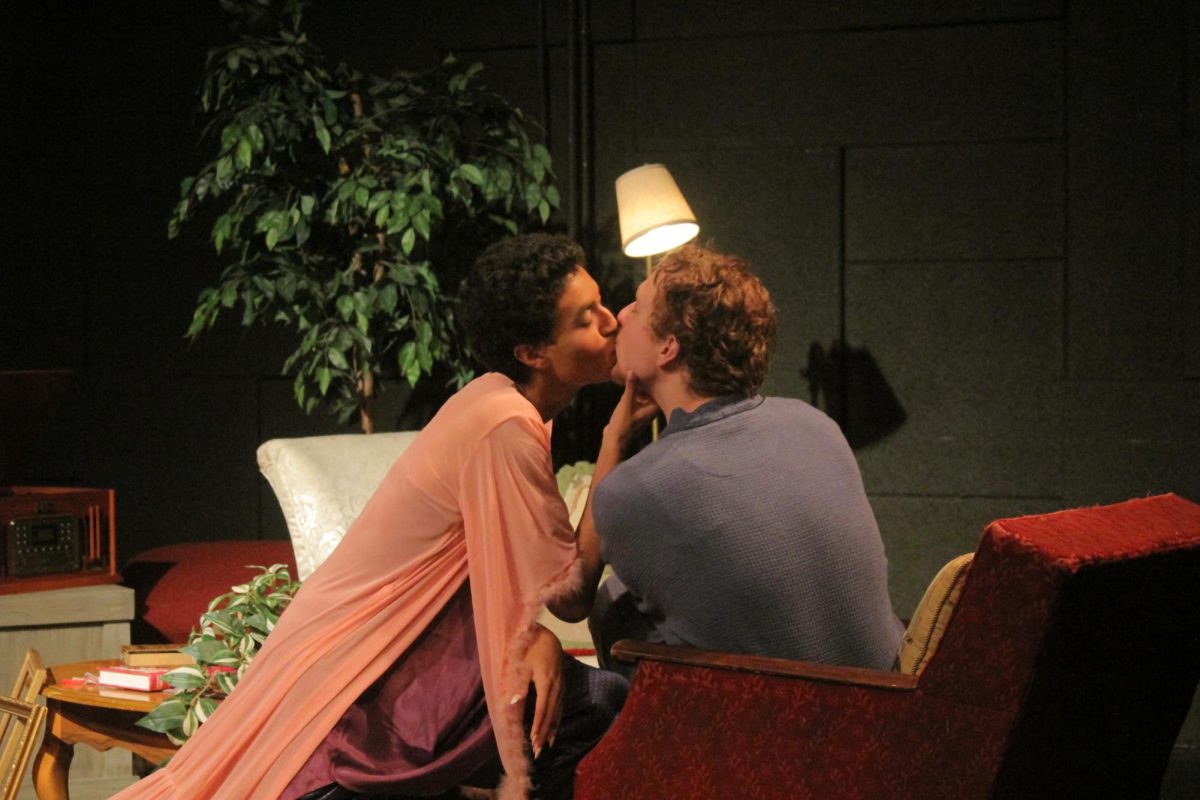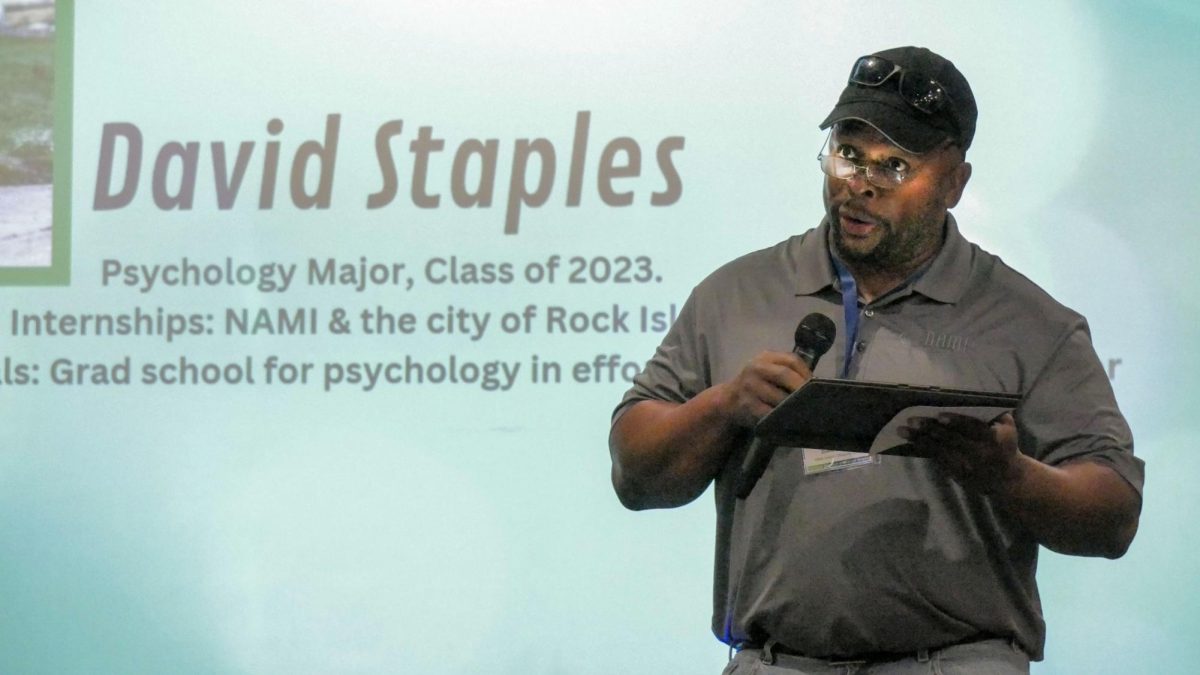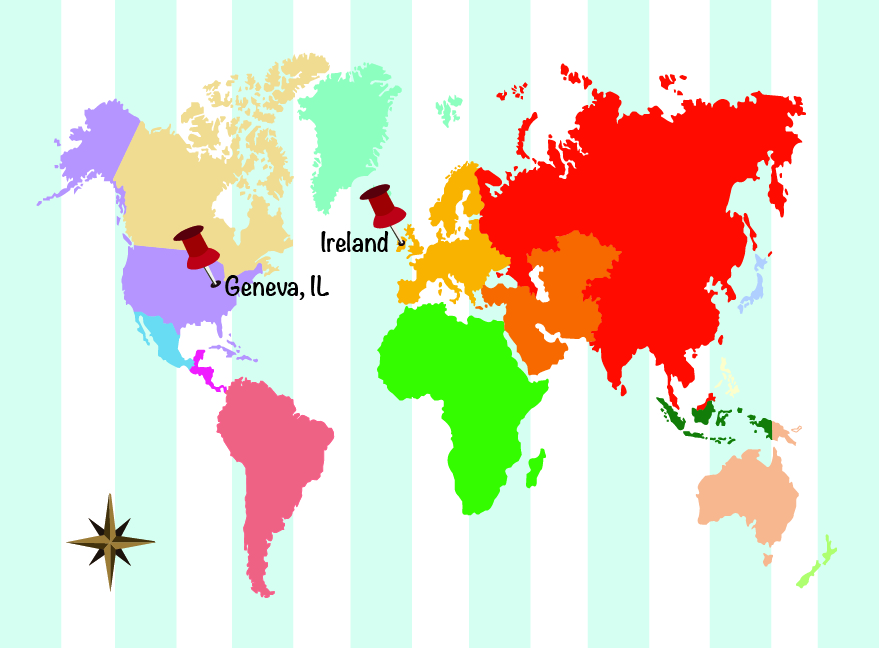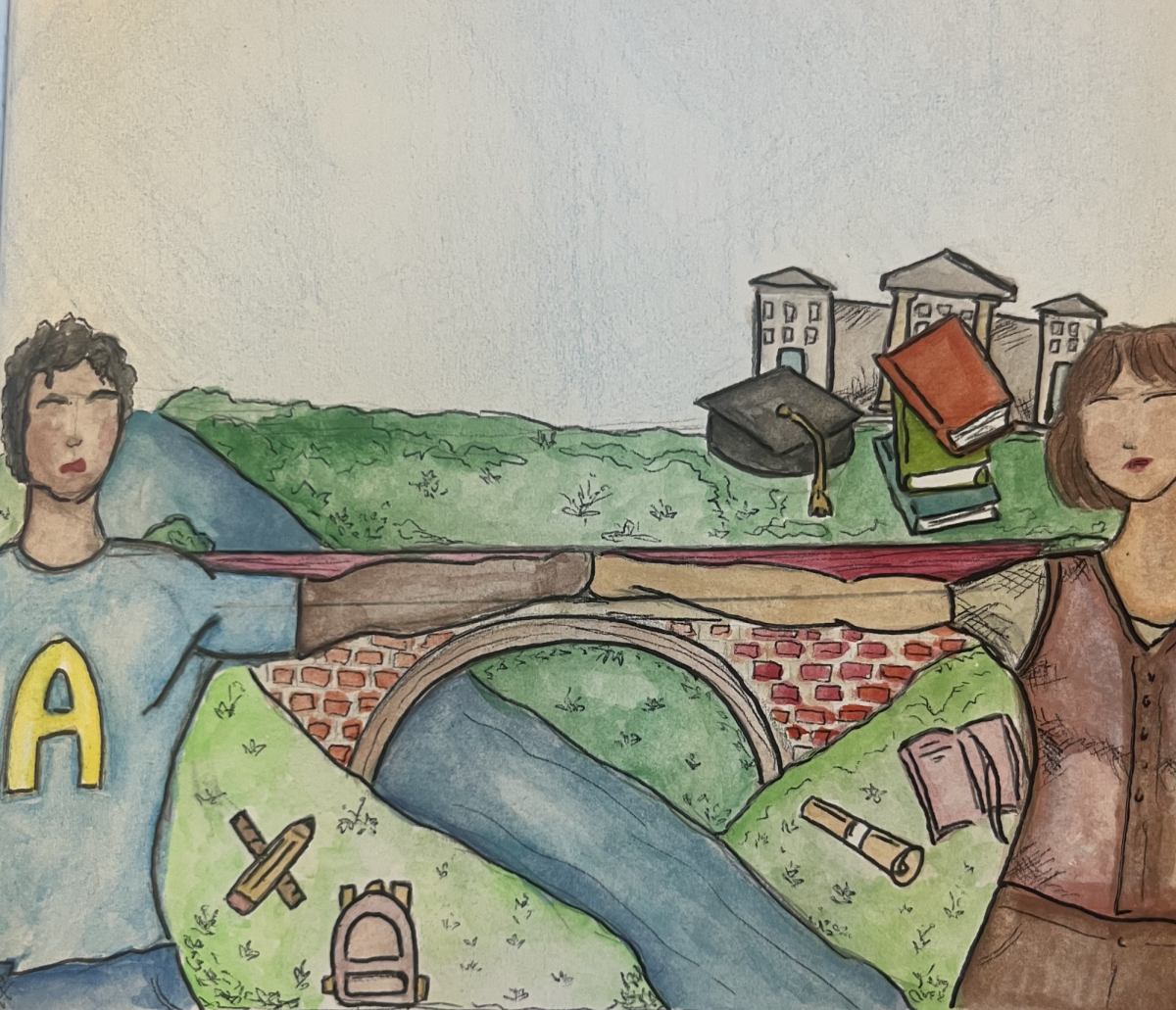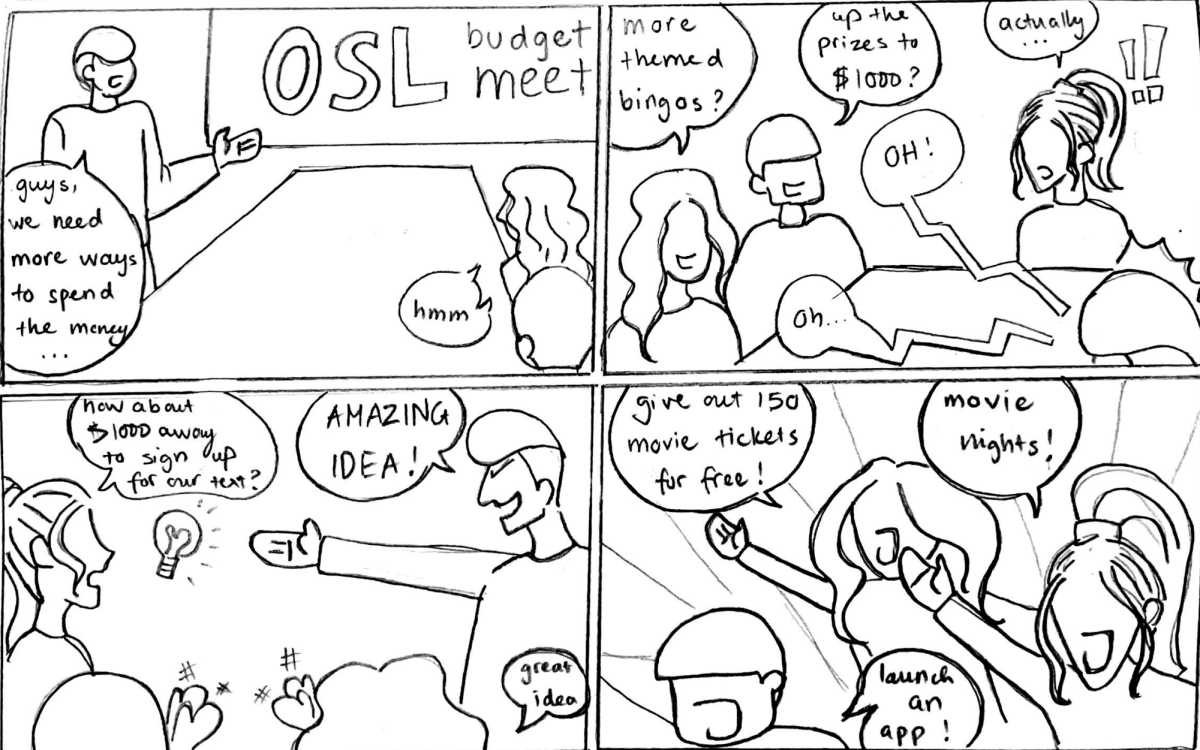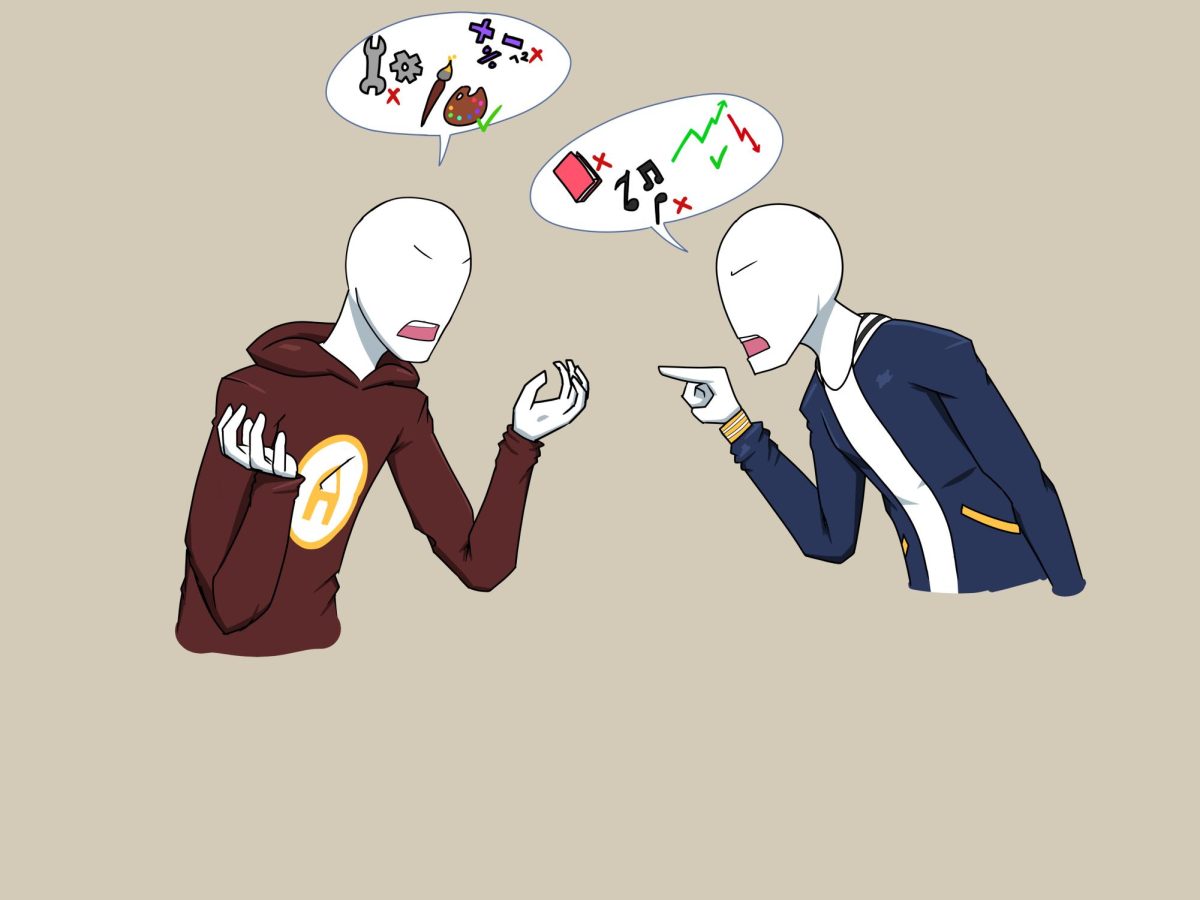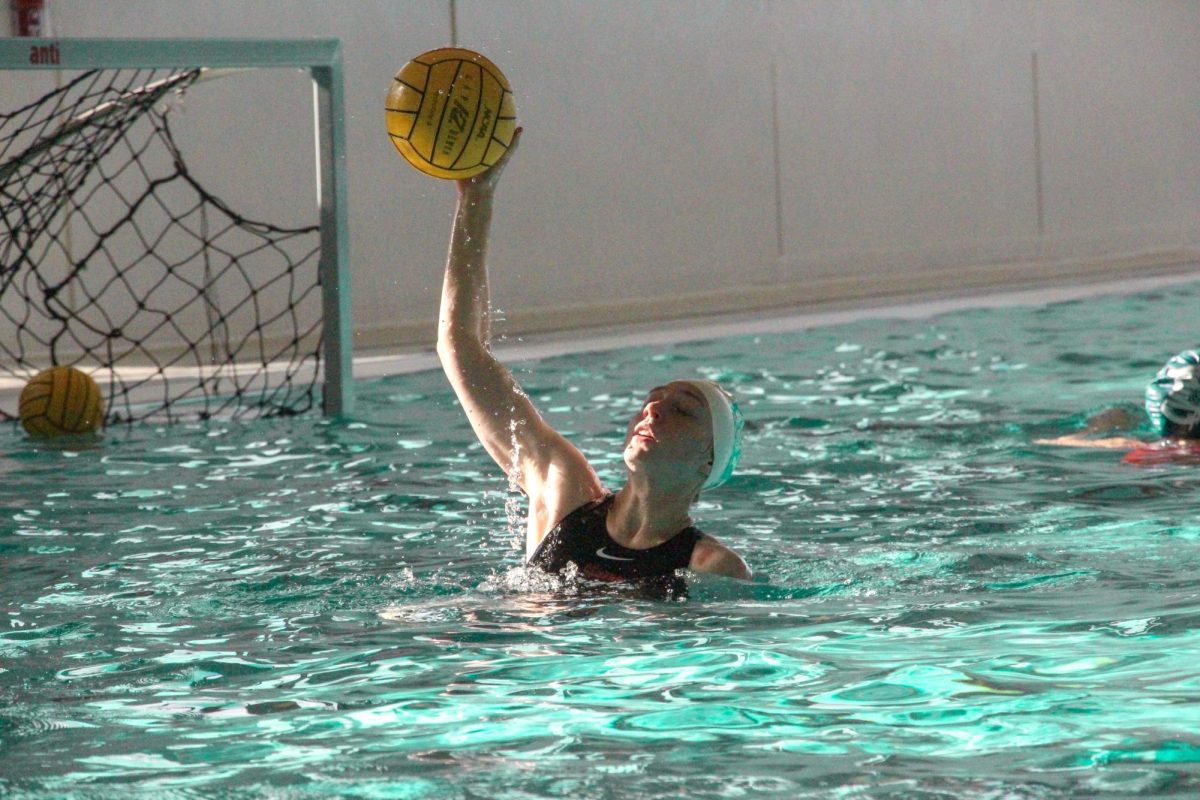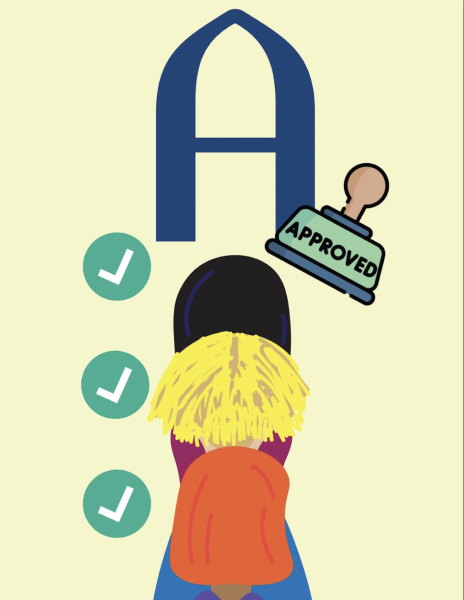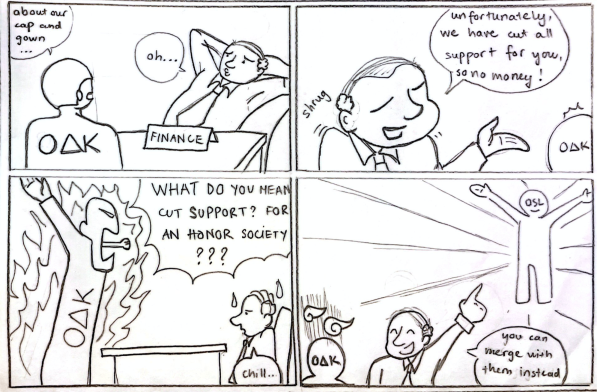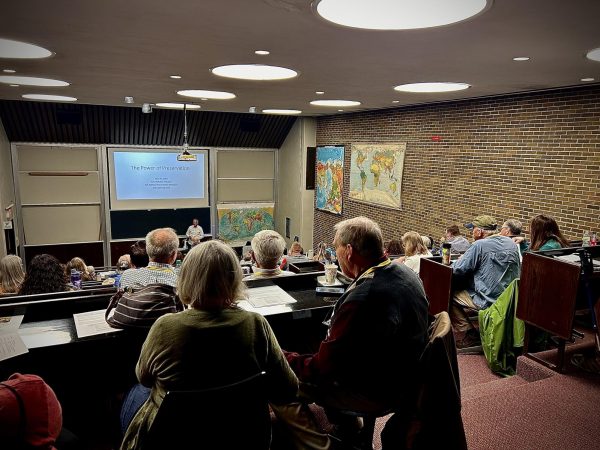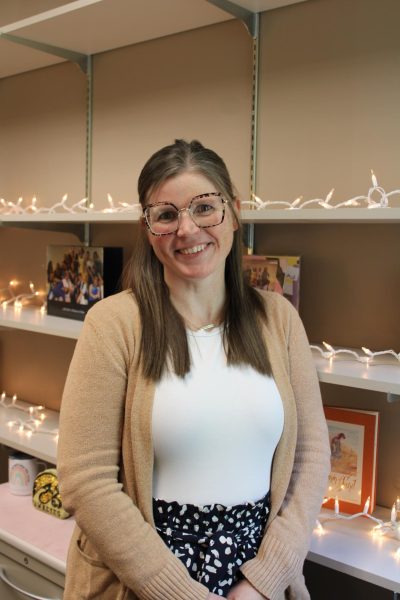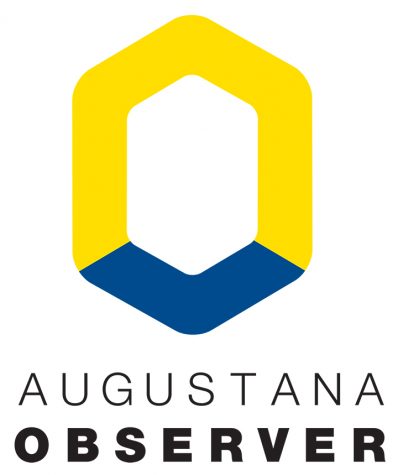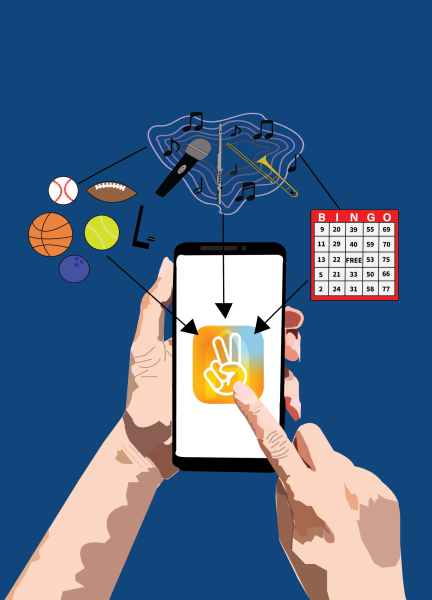Augustana receives $10,000 towards gender-affirming speech-therapy services
March 15, 2023
A $10,000 grant has been provided to Augustana College’s Barbara A. Roseman Center for Speech, Language and Hearing. Funded by Mary Lind (‘72), the grant supports the Center’s gender-affirming speech therapy program.
Professor Laurel Williams, a clinical supervisor at the Roseman Center, said that the grant will reduce the cost of care to students.
“Because we obtained this donation, we can provide this treatment for a very, very low cost,” Williams said. “It’s a $20 participation fee per semester. Usually our individual services are $456 a semester, which is still cheaper than if people were pursuing these services through their insurance.”
The Roseman Center serves individuals from across the Quad Cities, and this donation will allow more Augustana students to receive care. In addition to the services provided on-campus, the Roseman Center partners with LGBTQ+ support center Clock Inc. in Rock Island. Williams said that this partnership is meant to build trust.
“As is often reported by members of marginalized communities, medical mistrust is a barrier,” Williams said. “If we can reduce that barrier or reduce the anxiety around coming to a new setting by providing these services at Clock, that’s what we’re going to do.”
An Augustana news bulletin titled “Augustana College expands access to gender-affirming voice therapy” describes how the grant money will benefit the partnership with Clock Inc. A small portion of the funds will go towards training services run by Clock Inc. Geared towards Roseman Center students and professionals, these services are intended to improve care standards and cultural competency.
An increased capacity for care also means that more students will be able to participate in the therapy process through the communication sciences and disorders (CSD) department. Senior Rebecca Smuck, CSD and psychology major, has worked at the Roseman Center for three semesters. She said that professional guidance has been a valuable source of information.
“This is my second year working with Professor Williams as my supervisor, which has been nice because we’ve been able to form a relationship,” Smuck said. “She’s been able to provide me with research that has been done in the field.”
In addition to this academic role, the Roseman Center’s clinicians also guide therapy sessions in real time.
“One day a week she’s in the session room with me, so she’s able to provide immediate feedback if there is something that I’ve not experienced before,” Smuck said.
The opportunity for undergraduate students like Smuck to work in a field as new as gender-affirming speech therapy, Williams said, is unique and valuable.
“We have students who are seniors who are not in the graduate program, who are also providing this treatment,” Williams said. “I’m often co-treating with the students because that’s the best way to provide foundational knowledge before they’re able to take a voice class.”
Smuck said that this guidance makes her feel more prepared for graduate school.
“Having [Professor Williams] provide that feedback has helped me become a better clinician, which is super cool because not many undergraduates have so many hours individually with their clients,” Smuck said.
The Roseman Center provides therapeutic services to facilitate changes in resonance, nonverbal communication, facial expressions, vocal pitch and more. Students in need of such care can email [email protected] for details.
